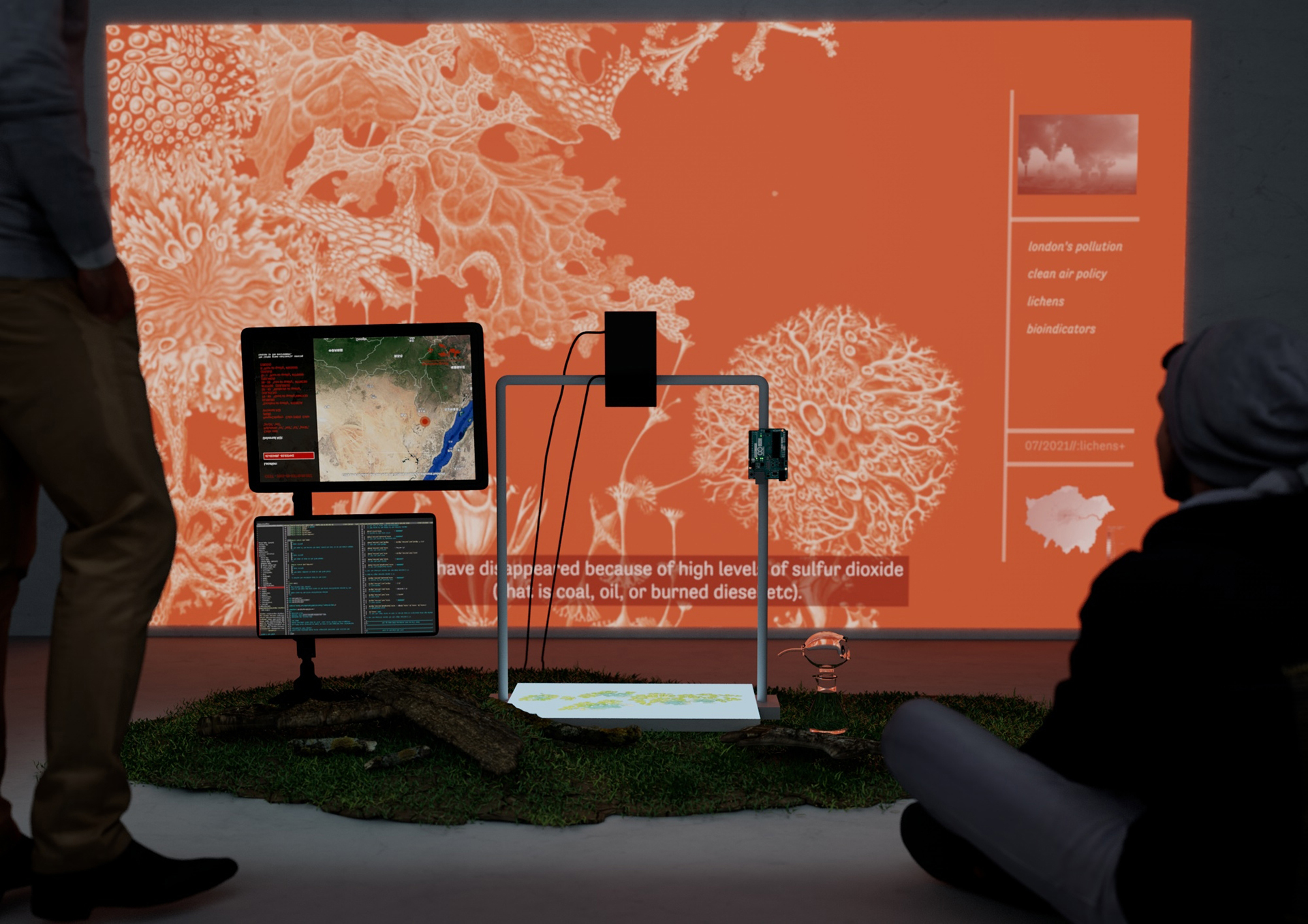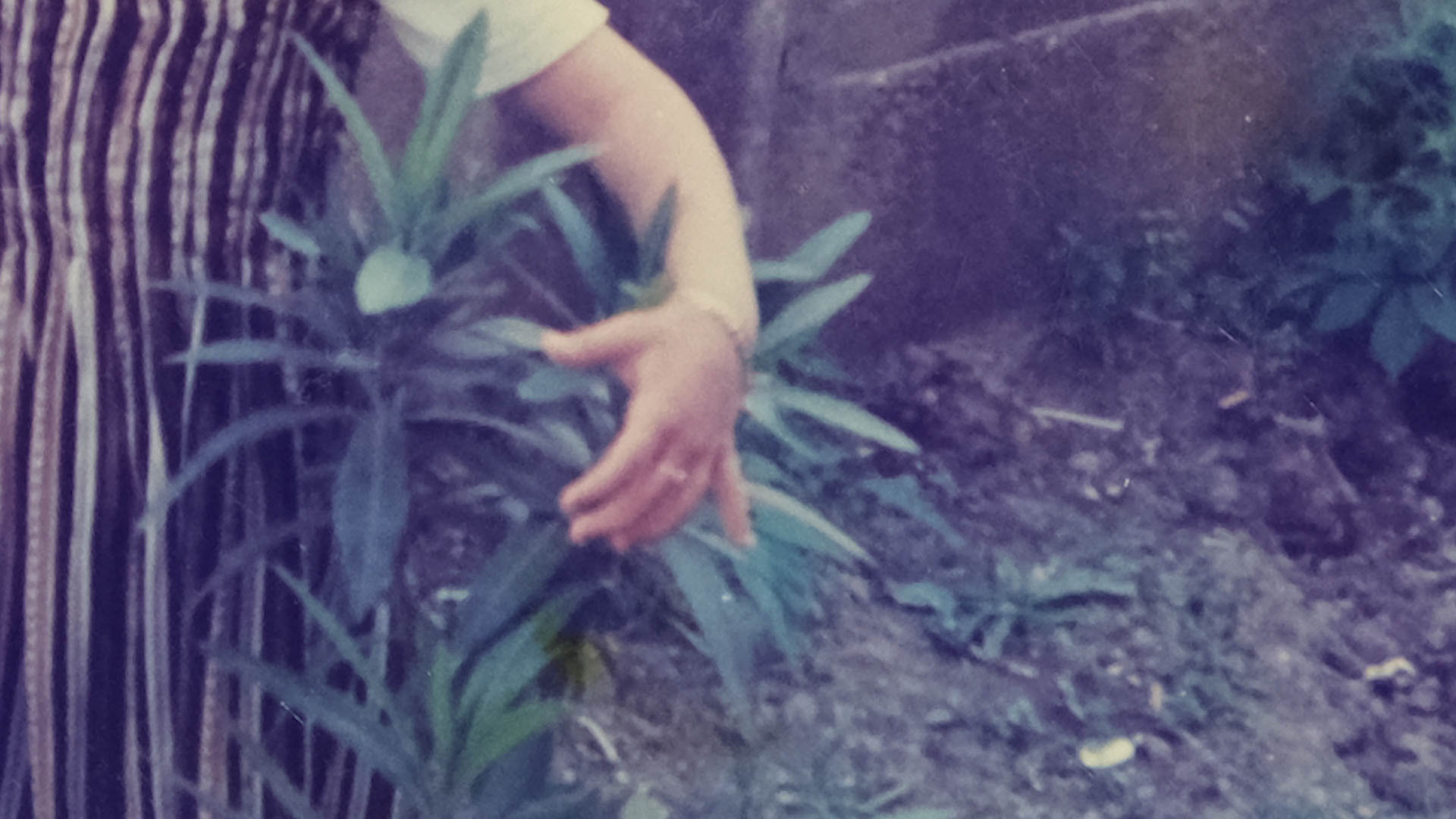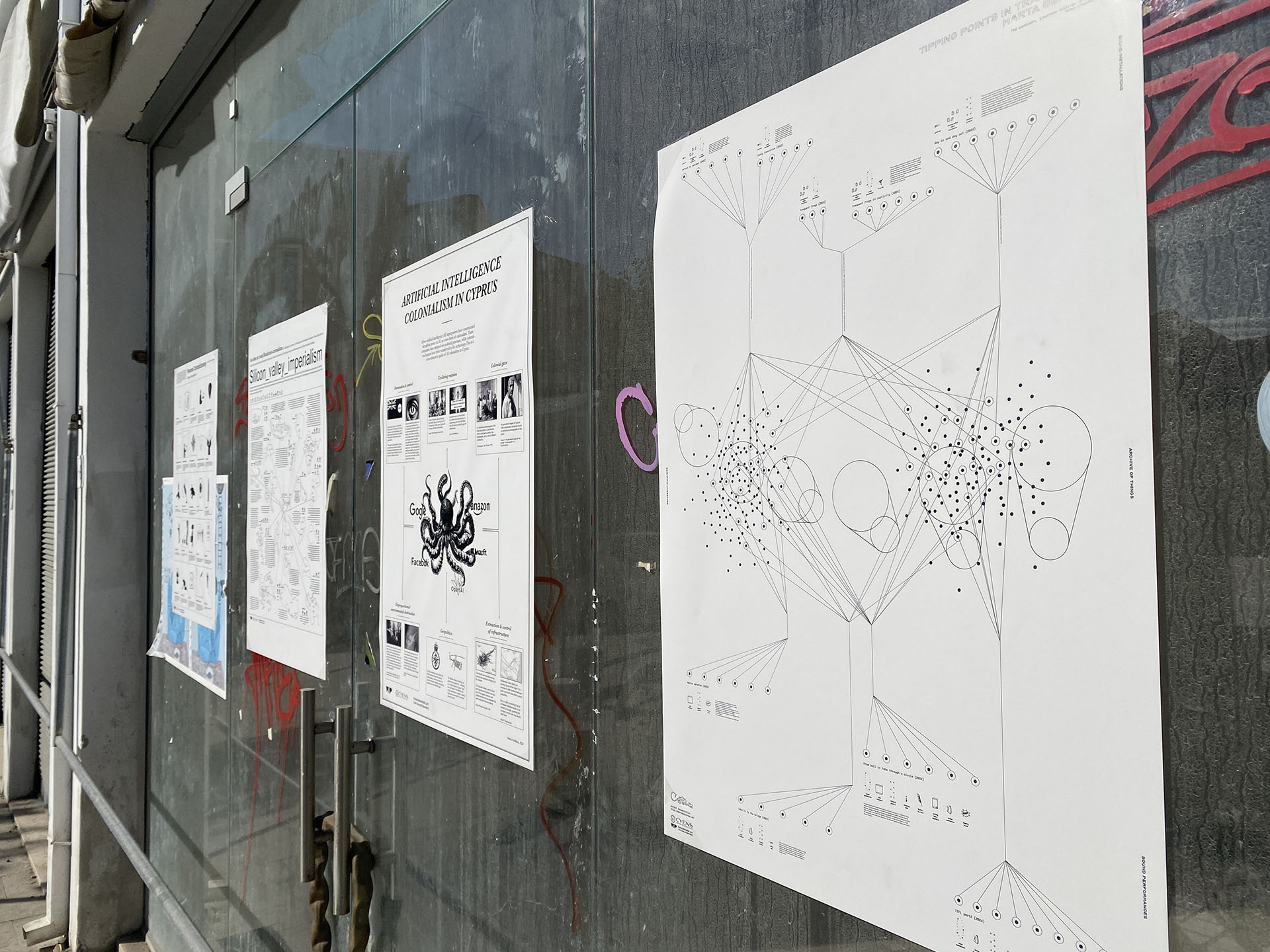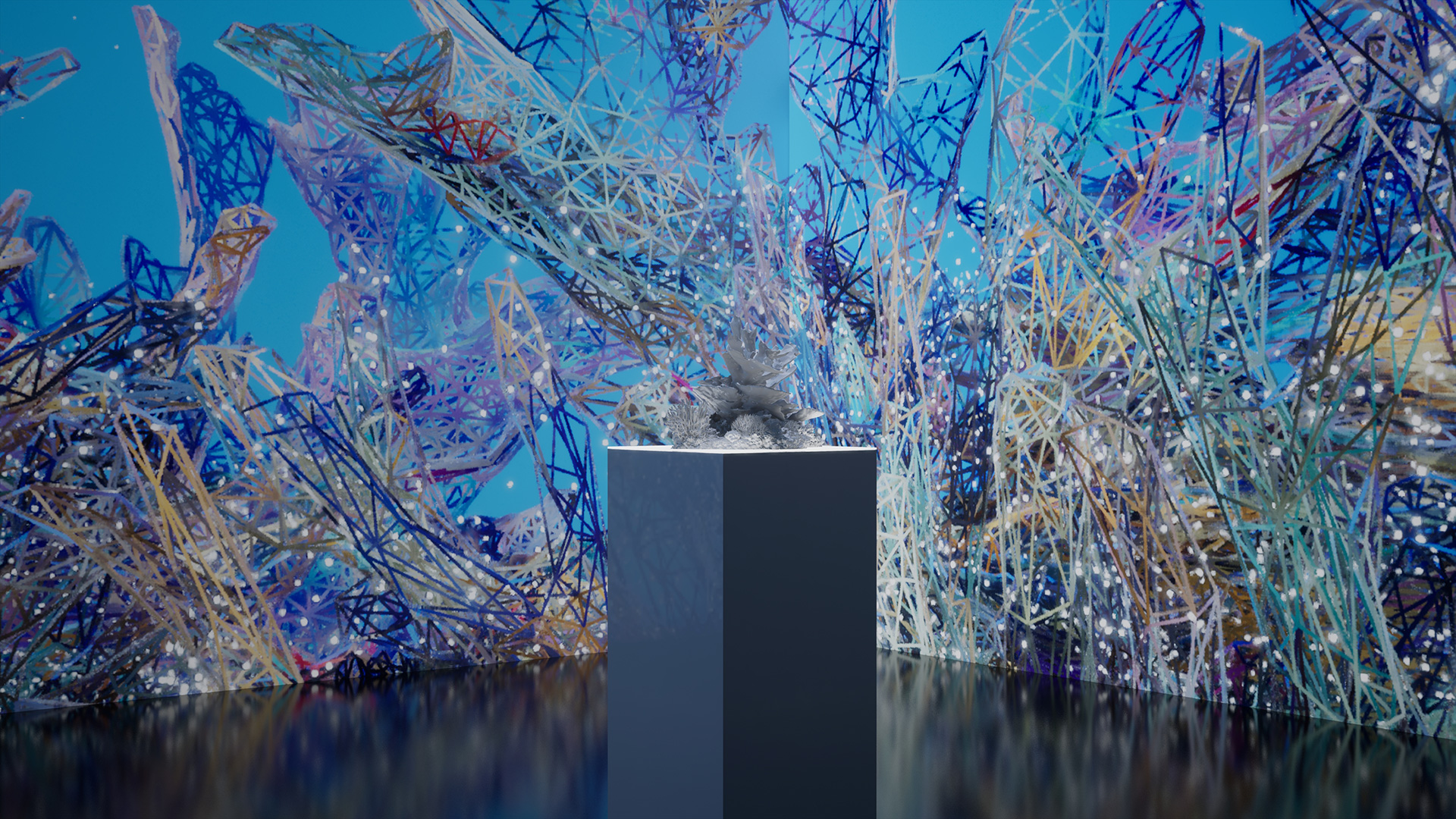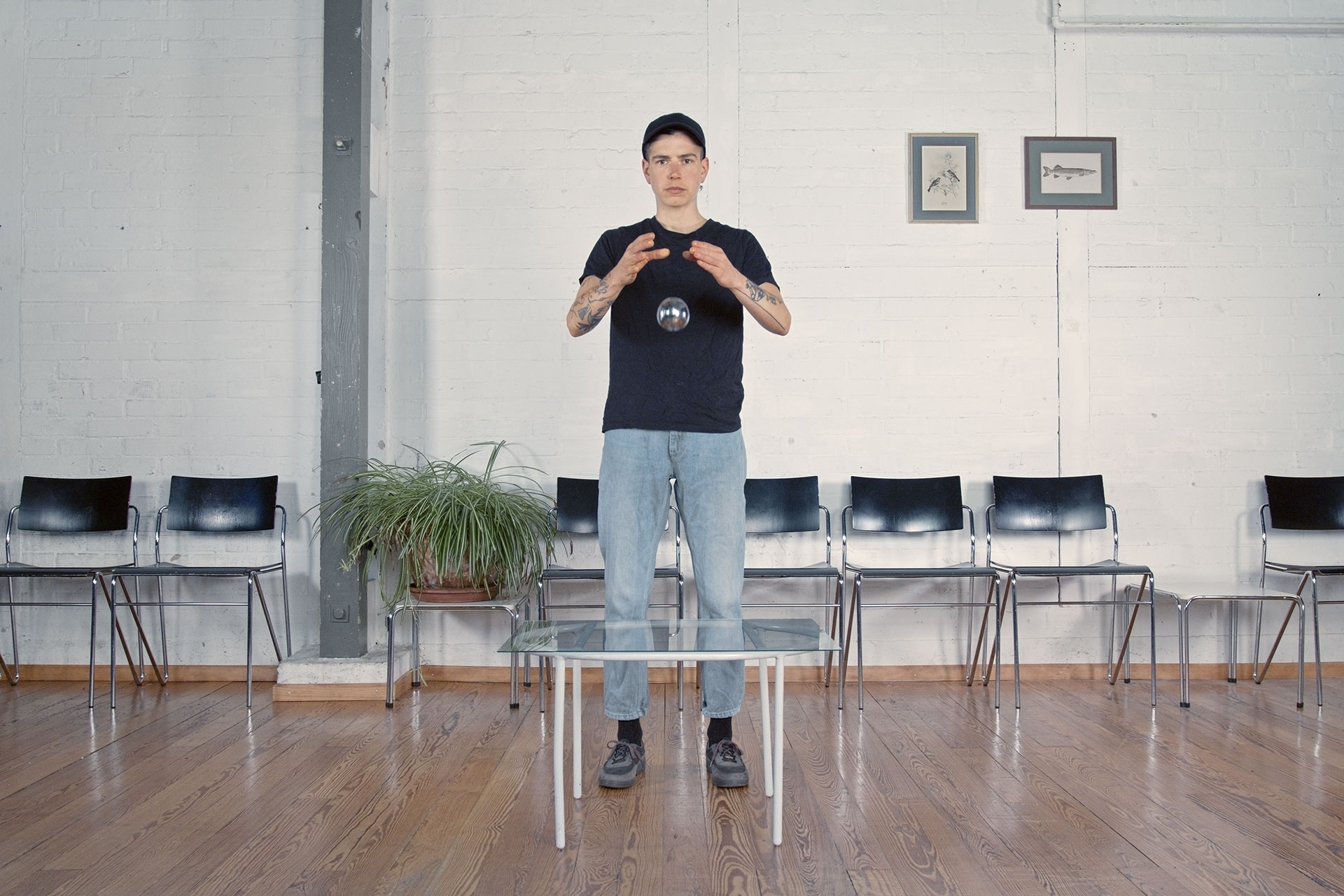Lichens are ideal pollutant bioindicators because they absorb anything that crosses their path but they are sensitive to air pollution; It disappeared in London when the Great Smog of London killed a lot of people. Today, lichens have recolonized once again, but not enough.
This project links Lichens, the historicity of capitalism and London’s pollution, and the indigenous philosophy of “Buen Vivir” Digital lichens present and question the state of human existence.
Digital Lichens began as a collaborative concept with Julio Obscura (collaborator) in 2023. The current version (v2.0), presented for this exhibition, was developed, produced, and installed by Yixuan Wang (main applicant) in 2024.
